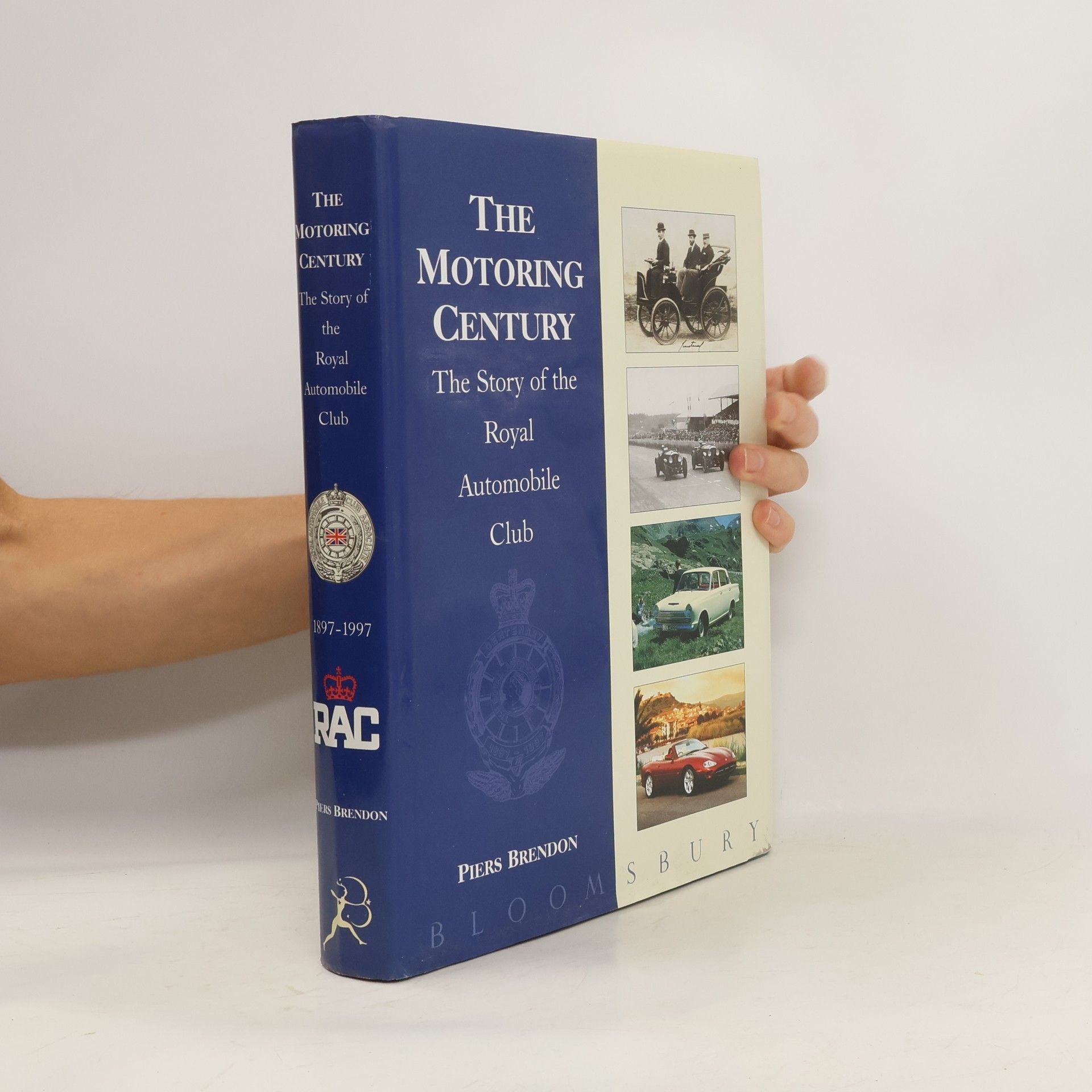The 1930s were perhaps the seminal decade in twentieth-century history, a dark time of global depression that displaced millions, paralyzed the liberal democracies, gave rise to totalitarian regimes, and, ultimately, led to the Second World War. In this sweeping history, Piers Brendon brings the tragic, dismal days of the 1930s to life.From Stalinist pogroms to New Deal programs, Brendon re-creates the full scope of a slow international descent towards war. Offering perfect sketches of the players, riveting descriptions of major events and crises, and telling details from everyday life, he offers both a grand, rousing narrative and an intimate portrait of an era that make sense out of the fascinating, complicated, and profoundly influential years of the 1930s.
Piers Brendon Knihy
Piers Brendon is a historian and author whose work delves into the complexities of historical narratives. His writing is characterized by a meticulous approach to research and a compelling narrative style that brings the past to life. Brendon often explores themes of power, empire, and the human condition within historical contexts. His contributions to historical literature are marked by insightful analysis and a dedication to uncovering nuanced perspectives.





Edward VIII came to the throne in January 1936, provoked a constitutional crisis by his determination to marry the American divorcée Wallis Simpson, and abdicated in December. He was never crowned king. In choosing the woman he loved over his royal birthright, Edward shook the monarchy to its foundations. Given the new title 'Duke of Windsor' and essentially sent into exile, he remained a visible skeleton in the royal cupboard until his death in 1972 and he haunts the house of Windsor to this day. Drawing on unpublished material, notably correspondence with his most loyal (though much tried) supporter Winston Churchill, Piers Brendon's superb biography traces Edward's tumultuous public and private life from bright young prince to troubled sovereign, from wartime colonial governor to sad but glittering expatriate.
The Decline and Fall of the British Empire, 1781-1997
- 816 stránek
- 29 hodin čtení
A comprehensive, scholarly and fascinating study of the end of the British Empire. No empire has been larger or more diverse than the British Empire. At its apogee in the 1930s, 42 million Britons governed 500 million foreign subjects. Britannia ruled the waves, and a quarter of the earth s surface was coloured red on the map. Where Britain s writ did not run directly, its influence, sustained by matchless industrial and commercial sinews, was often paramount. Yet no empire (except for the Russian) disappeared more swiftly. Within a generation, this mighty structure sank almost without trace leaving behind a scatter of sea-girt dependencies and a ghost of empire the Commonwealth. Equally, it can be claimed that Britain bequeathed its former colonies economic foundations, a cultural legacy, a sporting spirit, a legal code and a language more ubiquitous than Latin ever was. Full of vivid particulars, brief lives, telling anecdotes, comic episodes, symbolic moments and illustrative vignettes, The Decline and Fall of the British Empire evokes remote places as well as distant times. "From the Hardcover edition.""
The Motoring Century
The Story of the Royal Automobile Club
Churchill
- 334 stránek
- 12 hodin čtení